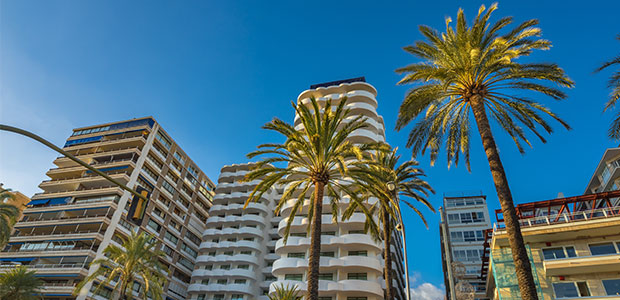Protests around the issue of overtourism in Majorca have sparked significant concern among local authorities and industry leaders. Despite the rising unrest, the travel bookings to this popular destination seem resilient. However, the balance between tourism and residents’ needs remains a topic of discussion.
Protests and Concerns
In late May, Majorca’s capital Palma witnessed a protest of approximately 10,000 individuals. The demonstrators voiced their frustrations over overcrowding, unaffordable housing, and low wages. Moreover, another major demonstration is scheduled for mid-June. These protests echo sentiments from similar events in the Canary Islands, highlighting a broader, region-wide issue.
Manuel Butler, the UK director of the Spanish Tourist Office, emphasised that concerns extend beyond Majorca, affecting many popular tourist destinations. “We’re working closely with both private and public sectors, as well as the Majorca and Balearic Islands authorities, to address these issues,” he stated. However, he also noted that media representations might sometimes misrepresent the actual situation.
Balearic Government’s Stance
The government of the Balearic Islands has established a committee focused on cultivating a blueprint for sustainable tourism. They aim to tackle resident challenges like congestion and housing availability. The government is aligning itself with the sentiments of the locals while continuing to welcome tourists.
A spokesperson clarified that while the protests are not targeted at tourists, they do raise concerns regarding the current management of tourism. Abta, the travel association, affirmed its ongoing communication with local authorities to ensure tourism development aligns with residents’ needs.
Industry Perspectives
Despite the ongoing protests, Majorca remains highly popular among tourists, as indicated by travel agents. The chief executive of the Advantage Travel Partnership, Julia Lo Bue-Said, stated, “We haven’t seen the protests impacting sales.” Nevertheless, she stressed the importance of collaboration between the tourism industry and local governments to maintain social balance.
Ben Lynam from the Travel Foundation emphasised that the protests must be given serious attention. He warned, “Destinations have limits and tourism is only welcome when it respects these and the communities.” This highlights the necessity for the industry to recognise and accept sustainability limits as beneficial rather than restrictive.
Local Insights
Hugh Morgan, a long-time resident and former tour operator on the island, noted that Majorca has evolved into a tourism hotspot—an achievement that brings challenges. He observed an influx of tourists over the months, adding substantial pressure on local resources.
According to Morgan, the local population is not against tourists themselves. The demand, however, is for the government to implement measures that can alleviate the burden brought on by excessive tourism.
The data shows approximately 700,000 tourists flying to Majorca every week from April to October. Additionally, the arrival of cruise ships and ferries intensifies the pressure on local infrastructure.
Sustainable Tourism Development
Efforts are underway to devise a more sustainable tourism strategy in Majorca. This includes balancing the economic benefits of tourism with the needs of the local community. The committee set by the Balearic Islands government is exploring innovative solutions to these long-standing challenges.
Stakeholders from various sectors are encouraged to participate in this dialogue, ensuring that both residents and tourists can coexist without the perennial conflict that current dynamics have brought to fray.
Expression of such concern has not translated into a significant economic impact for travel businesses yet, but the importance of sustainable practices is increasingly becoming evident.
Strategic Industry Responses
The tourism industry is aware of the potential long-term impacts overtourism might have. Agencies are proactively working on strategies that promote responsible tourism while ensuring the destination remains attractive to visitors.
Initiatives include diversifying tourist activities, promoting off-peak travel, and enhancing the overall visitor experience while minimising the environmental footprint. Such measures are vital for creating a sustainable tourism model that benefits both the community and the economy.
Looking Ahead
As the situation develops, all eyes are on how both government and industry leaders will address ongoing challenges. The protests serve as a catalyst for change and an opportunity to rethink tourism strategies for popular destinations like Majorca.
In conclusion, while overtourism protests in Majorca highlight significant concerns, they have yet to result in decreased tourism demand. It remains crucial for authorities and industry leaders to collaborate towards sustainable development, ensuring that tourism continues to thrive while respecting the needs of the local community.

